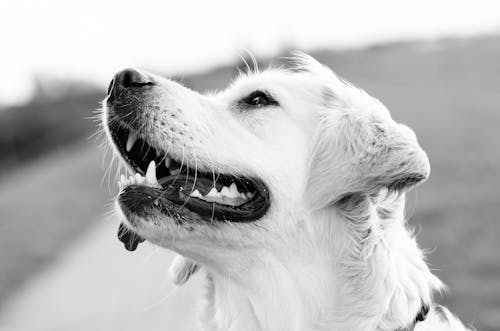This post contains affiliate links, meaning that I may receive compensation if you make a purchase through these links. As an Amazon Associate, I earn from qualifying purchases. This compensation does not influence the content, or recommendations provided. The opinions expressed are my own, and I strive to provide honest and unbiased information.
Updated August 31, 2025
Senior Pet Care: Considerations and Concerns for Aging Pets
Caring for Senior pets is a unique journey, one that’s filled with special moments and, naturally, a few challenges. As our beloved pets grow older, their needs change significantly, which means the care they require also evolves. In this post, we’ll explore Senior Pet Care, with a focus on the special considerations and common health concerns that pet parents should be aware of as their pets age. Although we’ll primarily discuss the needs of cats and dogs, it’s important for owners of other pets to consider consulting with professionals for species-specific aging concerns.
Understanding the Aging Process in Pets
The age at which a pet is considered “senior” can vary, often depending on their size and breed. For dogs, smaller breeds tend to age slower and may not enter their senior years until around 10-12, while larger breeds can be considered senior by 6-7 years old. On the other hand, cats typically start to experience age-related changes around the age of 7-10. Recognizing the signs of aging early on allows you to adjust their care accordingly.
As pets age, they may face common health issues such as arthritis, dental problems, and changes in vision or hearing. By being proactive and observing even subtle changes, you can help ensure that your pet’s golden years are as comfortable and enjoyable as possible.
Common Health Concerns for Senior Pets
1. Arthritis and Joint Pain
Arthritis is a common condition in senior pets, especially in larger dog breeds. Symptoms often include stiffness, limping, or reluctance to climb stairs or jump. To support aging joints, consider incorporating joint supplements, a well-padded bed, or even therapeutic treatments like massage or acupuncture. Regular, gentle exercise can also help keep joints mobile.
For senior cats, arthritis may manifest in decreased grooming or reluctance to jump onto favorite perches. Making the home more accessible with ramps or steps can help them continue enjoying their environment.
2. Dental Health

Dental issues are prevalent in aging pets, affecting their ability to eat and potentially leading to infections. Regular dental check-ups, cleanings, and at-home care like brushing or dental treats can help maintain their oral health.
3. Weight Management and Diet Adjustments
Aging pets often experience a slower metabolism, which can lead to weight gain. Obesity is a concern as it can exacerbate joint issues and lead to other health problems. Senior pets may benefit from a specially formulated diet that caters to their lower energy needs and includes supplements for joint health or coat condition.
Emotional Aspects of Senior Pet Care
Caring for an aging pet is emotionally rewarding but can also bring about feelings of sadness as you witness their gradual decline. It’s natural to feel this way, and providing extra love and comfort can help you both. Knowing you’re offering the best care possible can be deeply fulfilling, and every moment you spend with your pet adds to the memories you’ll cherish forever.
Additional Considerations for Senior Cats and Dogs
1. Cognitive Health and Mental Stimulation
Senior pets may experience cognitive decline, which can result in disorientation, changes in behavior, or altered sleep patterns. Puzzle toys, interactive games, and consistent routines can provide mental stimulation and help keep your pet engaged.
2. Regular Vet Visits

Senior pets require more frequent veterinary check-ups to monitor for potential health issues. Many veterinarians recommend bi-annual visits for senior pets to ensure early detection and management of any health concerns.
Pet Parents of Other Species: Research and Professional Advice
For those with senior pets other than cats and dogs, specific care needs may vary greatly. Birds, for example, may develop arthritis in their talons, while reptiles might need habitat adjustments. Consulting with a veterinarian who specializes in your pet’s species can help ensure they receive appropriate care in their senior years.
Making Their Golden Years Comfortable
A few small changes can make a big difference in your pet’s quality of life. Consider making their space cozy with soft bedding, adjusting their diet for senior needs, and offering joint supplements. Consequently, even small changes in your routine can have a big impact on your pet’s overall comfort and happiness.
Conclusion: Cherishing the Senior Years
Senior pet care is about embracing a new phase of companionship with your furry friend. Whether they’re slowing down or facing new health challenges, the love and loyalty they bring to your life remain unchanged. By understanding their needs and adjusting their care, you can help your senior pet live their golden years with grace and comfort.
For Suggestions on products for Your pet read: Top Products for Senior Pets




2 Comments
Pingback: Top Products For Senior Pets - SqueakersAndCatnip.com
etW Lxw cDIYTeD fpaC